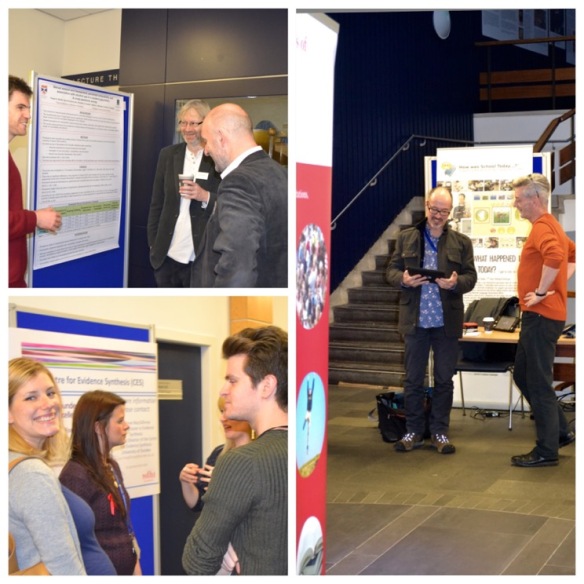Professors Thilo Kroll and Huw Davies, Co-Directors of SDHI along with colleagues
Dr Margaret Hannah, Director of Public Health, NHS Fife
Professor Vikki Entwistle, Health Services Research Unit, University of Aberdeen
Professor Brendan McCormack, School of Nursing, Queen Margaret University
Professor Belinda Dewar, University of the West of Scotland
Graham Leicester, Director, International Futures Forum
Nicola Gray, Programme Manager, Scottish Improvement Science Collaborating Centre
have been awarded funding from the Scottish Universities Insight Institute (SUII) for a project entitled Understanding, forming and fostering a culture of transformative innovation in health and social care
This proposal focuses on the kinds of transformative innovation that are needed within services and communities to address pressing concerns about the appropriateness and sustainability of health and social care provision across whole populations. It brings together leading Scottish and international thinkers and practitioners from three key areas of research and practice development, and provides a structured but flexible programme within which they can generate synergistic insights into the conditions that can enable the kinds of cultures of transformative innovation that could foster the provision of health and social support consistent with the best aspirations of humanity.
The three areas of practice and development that underpin the programme are: (1) Fifth wave thinking (ideas oriented to deal with the contemporary challenges of public health for which previous major developments in public health are proving insufficient); (2) Person-centred care (a cluster of ideas about both what is humane and morally appropriate in health and social care provision and how people can contribute to their own health and wellbeing); and (3) Transformation (studies of transformative rather than less radical or far-reaching forms of innovation).
Building out from existing collaborations within the three areas, programme partners and participants have been drawn from universities and from state and third sector policy leaders and health and social care providers. Supported by a strong commitment particularly from the International Futures Forum, a series of webinars and workshops will enable a sharing of current understandings and perspectives and facilitate fresh, multidisciplinary and cross-sectoral conversations oriented both to understand and promote positive transformation both during and beyond the span of the programme.
The objectives of the proposed work are:
- Create the space for creative and productive cross-boundary and inter-disciplinary ‘facilitated dialogue’ to scope out the relevant bodies of work and strands of thinking that can underpin transformative innovation in health and social care and public health;
- Build a cumulative vision of the relevant organisational and system features of transformation-enabled public services around population health and care;
- Map a series of actions for key influencers within the system that may help to bring about the conditions for transformation capacities and capabilities;
- Define the means by which we can develop an assessment of the progress towards building such transformative capacities and capabilities;
- Create an action-focused research agenda to provide a better evidence base for the underpinnings of transformation through innovation in health and social care and public health.
- Prompt the emergence of new collaborations that can take forward investigations and actions in support of both research and transformative change.

 
 
